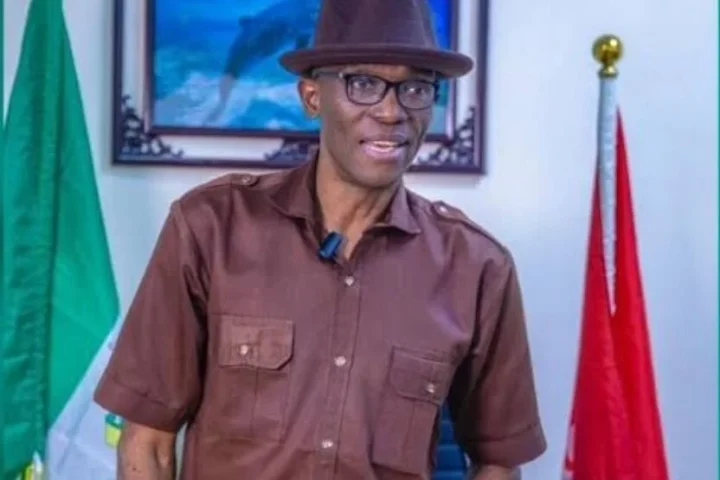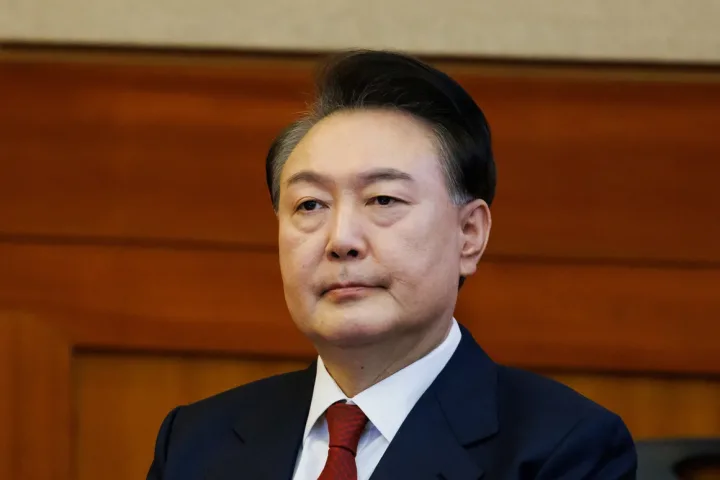Immigrant Workers Face Uncertainty as Trump Returns
Valerie Bihet remembers her challenges under the first Trump administration vividly. As the founder of Vibe Agency, an event production company in Miami, her life was upended when the U.S. government reduced the validity of the E-2 investor visa for French nationals.
“I felt like the ground was shifting under my feet,” Bihet, a Paris native, recalled. “After two decades here, I wasn’t sure if I could stay.”
Join our WhatsApp ChannelBihet eventually secured a green card, but as Donald Trump prepares for a second term, many immigrant workers and their employers are bracing for what lies ahead.
Immigration Policies Under Scrutiny As Trump Returns
Immigration played a critical role in the 2024 U.S. presidential campaign. Trump’s promise of stricter immigration policies resonated with voters across party lines. However, business leaders like Bihet are concerned about potential disruptions for their employees and operations.
Jorge Loweree, managing director of the American Immigration Council, says Trump’s first term offers clues. “We saw efforts to reduce immigration through administrative changes and travel bans,” he explained. “There’s every indication that similar tactics could return.”
For example, under Trump’s previous administration, extensions for H-1B visas became far more complex. “Every renewal was treated as a new application,” Loweree noted. “This led to delays and uncertainty, which affected businesses.”
Businesses Feel the Pressure
Ximena Gates, CEO of BuildWithin, a Washington, D.C.-based apprenticeship software company, employs a team that includes nine immigrants. Despite their advanced stages in the immigration process, Gates remains cautious.
“You never know what changes might come,” Gates said. “There’s always a bit of fear that some employees might be forced to leave.”
This uncertainty isn’t just personal; it impacts business continuity. Gates recalled losing a skilled engineer at her previous company due to visa challenges. “He had to leave, and we lost invaluable knowledge,” she said.
Britta Glennon, a management professor at Wharton, highlighted the broader issue. “Immigrant workers bring unique skills and experiences that are hard to replace,” she said.
READ ALSO: Things To Know About Karoline Leavitt, Trump’s Pick For White House Press Secretary
Industry-Specific Impacts
At Growing with Sara Farm in Texas, co-owner Marty Loya depends on immigrant workers to cultivate fruits and vegetables. She explained how immigrant hires bring resilience and adaptability to demanding farm work.
“You take someone fresh out of high school here, and they’re not ready for this type of work,” Loya said. “Our Venezuelan employees are used to tough conditions.”
If immigration policies tighten further, businesses like hers could face labor shortages. “Losing these workers would hurt our productivity,” Loya warned.
Preparing for Possible Changes
Experts advise companies to act proactively. Immigration attorney Eileen Lohmann suggests forming internal teams to monitor potential policy changes.
“During the presidential transition, businesses should review their employees’ visa statuses and prepare for emergencies, like sudden travel bans,” Lohmann said.
Loweree agreed. “Employers can secure extensions or durable statuses for their workers now to mitigate future disruptions,” he said.
Some leaders, like Mike Vatury of MVP Builders in California, are already taking action. “If an employee proves their value, I’ll help them with their visa,” Vatury said.
Balancing Hope and Realism
Despite the uncertainty, some business leaders remain optimistic. Gates believes in her employees’ resilience. “They’re hopeful for a more streamlined path to citizenship,” she said.
However, Gates also emphasized the economic contributions of immigrant-founded businesses. “Companies like mine create jobs and support the economy,” she said.
Bihet echoed this sentiment. “We need immigrants,” she said. “But we also need policies that strike a balance between security and opportunity.”
As Trump’s second term looms, the road ahead for immigrant workers and their employers remains unclear. For now, businesses are navigating a complex mix of hope and preparation.
Emmanuel Ochayi is a journalist. He is a graduate of the University of Lagos, School of first choice and the nations pride. Emmanuel is keen on exploring writing angles in different areas, including Business, climate change, politics, Education, and others.



















Follow Us